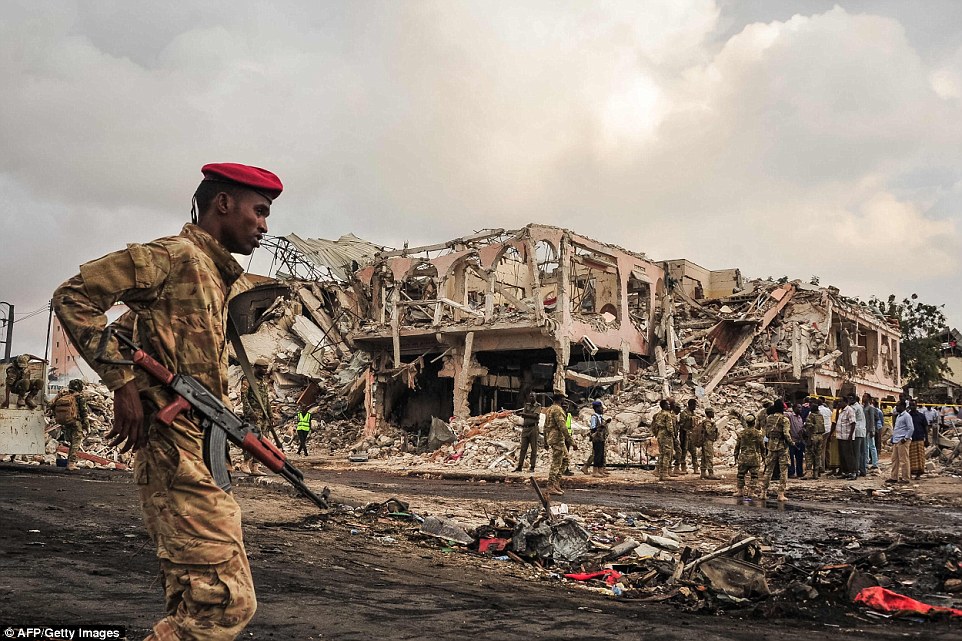Spy chief’s unusual final act in dark October


By Roble T
SELDOM DO SPY chiefs make known the travails and tribulations of their agencies but when they do, they could be foreshadowing something; either the agency cannot hold its act together anymore or as exemplified in the literary works of tragedy- forestalling a disgraceful exit.
Two time intelligence director Abdullahi Sanbalooshe’s lamentations in the New York Times barely four days before being hounded out of office held fidelity to a script of tragedy. No holds barred, the Intelligence chief tore into Western agencies for treating his agency more of a dustbin- Only fragments of post-blast investigations are shared with us; often, we get no information at all.’
“Information sharing costs nothing, but for some reason, when it comes to IEDs that chiefly claim Somali lives, it apparently lies beyond the means of our international partners,” Sanbalooshe wondered as he spelt what sounded like a doomsday scenario; of a country where Western nations and their intelligence apparatus have turned into a lab whose results are consumed in the international media rather than by local security forces.
GREAT EXPECTATIONS
Sanbalooshe who was kicked out September 7, 2014 barely two months into the job and recalled April 6 this year by President Mohamed Farmaajo did not also mince his words heaping blame on the US, UN and Britain whom he accused of double speak. He spoke of promises un-kept, of great expectations which never materialized.
The intelligence boss also made it abundantly clear that his country was not capable of dealing with the enormous security challenges on its own.
“Somalia’s young government is still struggling to pay regular salaries for police officers and soldiers and has no realistic prospect of training and equipping specialised bomb units from its own budget any time soon.”
HOME-MADE BOMBS
Just before he signed off, the National Intelligence Services Agency (NISA) director general who also doubles up as a federal lawmaker from HirShabelle state warned the militant group Al-Shabaab had gone great lengths to produce bombs of up to 1000kgs from home-made materials. The group, Sanbalooshe said had become adept at exploiting locally available material to deliver bombs of catastrophic magnitude.
It was not lost on many a reader that this was a man cleaning his hands just in case the axe was to fall any time. His exit scene sounded like that of a thespian preparing his audience psychologically on where they will direct their ire and blame should anything happen shortly after the curtains come down.
The Cabinet Sunday said Sanbalooshe and police boss Abdihakim Dahir Sa’id should shoulder responsibility for failing to avert the October 14 and October 28 attacks which in total claimed upwards of 430 lives.
The Cabinet saw in Sanbalooshe a man who could not save the day anymore as Mogadishu becomes notorious unpredictable. Sa’id too, the minister of Internal Security Mohamed Abukar Islow recommended to the cabinet his firing for a disastrous October recorded to have witnessed the deadliest terror attack in the country’s history.
While the Cabinet built an argument against the duo-particularly Sanbalooshe, the litany of concerns laid bare in the American newspaper cannot be discounted. They are grave, disturbing and the least upsetting.